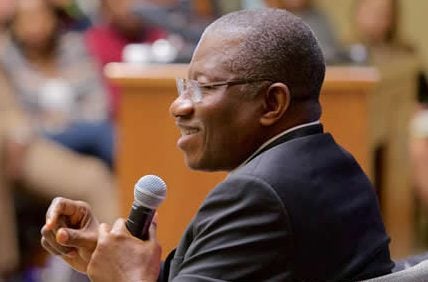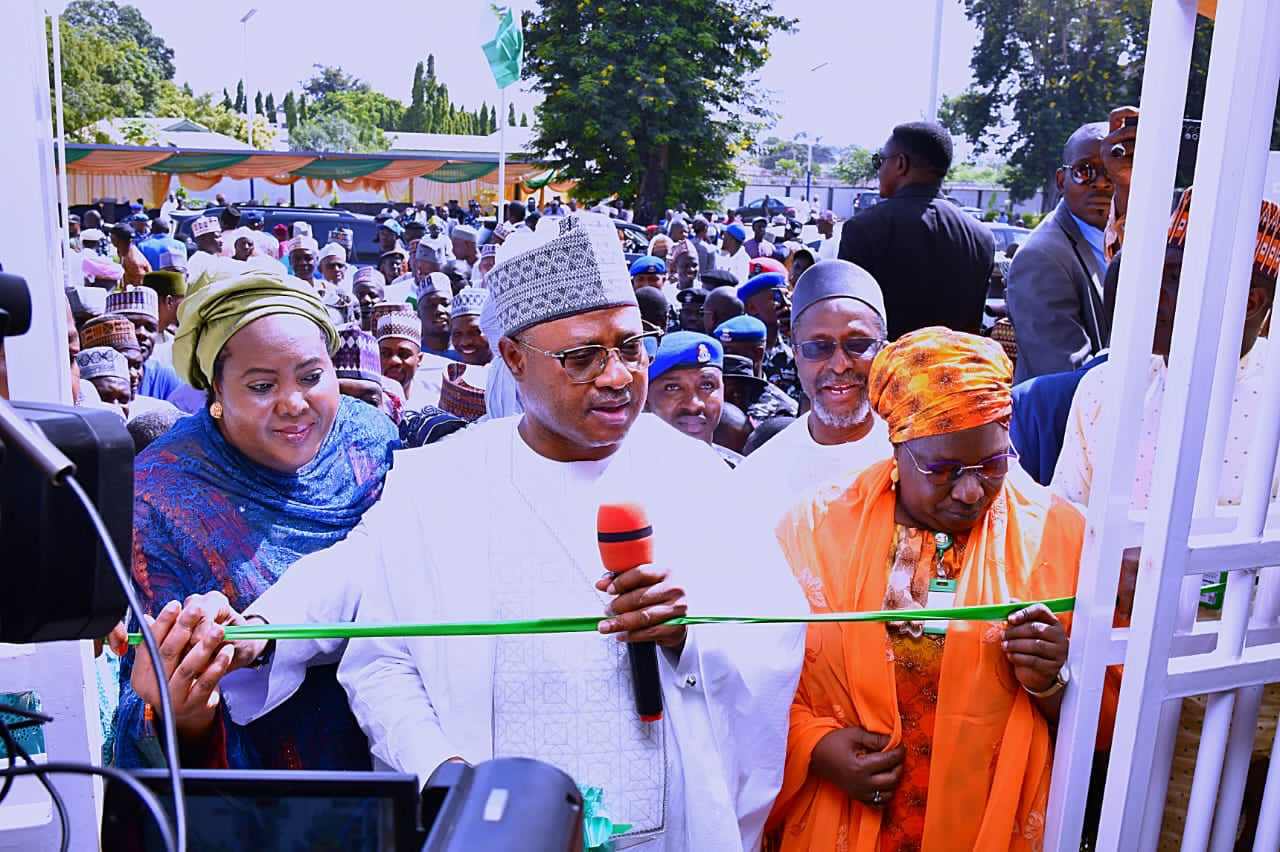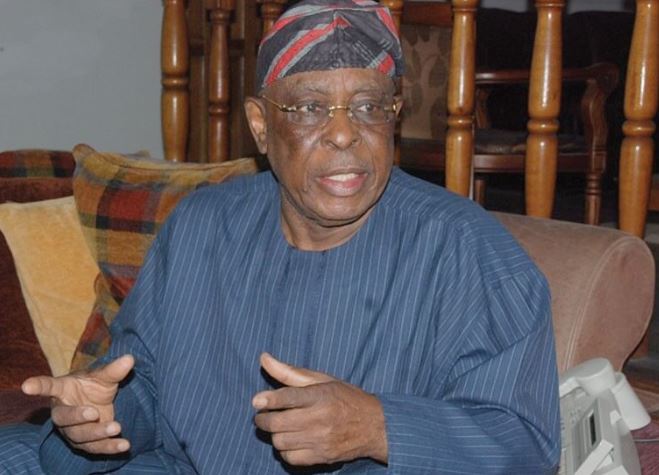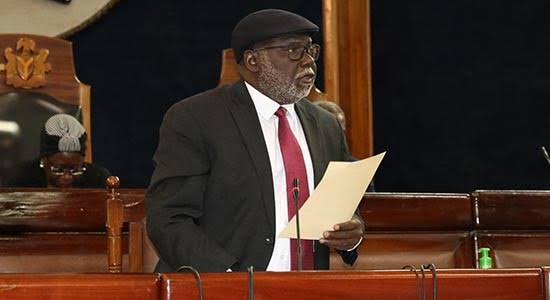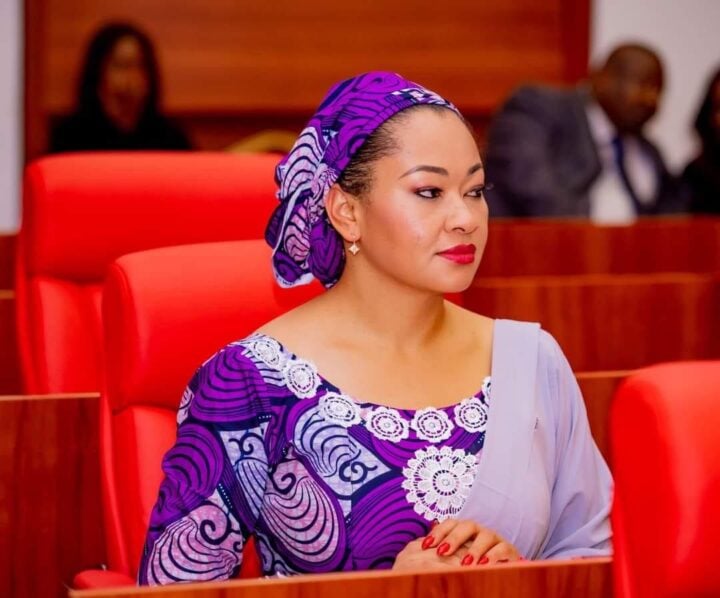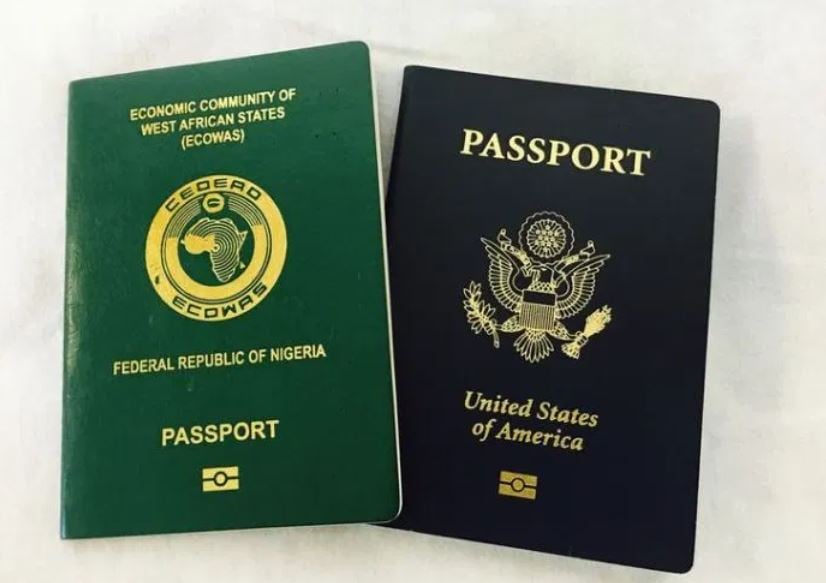“I have said it before and I will continue to say and live by the fact that my ambition, and indeed the ambition of anybody, is not worth the blood of any Nigerian”. President Goodluck Jonathan (2015)
Just before the accolades subside on the November 20 annual birthday of former President Goodluck Azikiwe Jonathan, which shares proximity with the November 16 birthday of Dr Nnamdi Azikiwe- Zik of Africa, it may be important to take another look at the governance record of one of Africa’s contemporary statesmen. As Olawale Edun, Nigeria’s Minister of Finance recently noted, the last time Nigeria recorded significant macroeconomic stability, and the associated development, was during the administration of Jonathan, which spanned from 2010 – 2015. A review at this time, from the enlightenment and development perspective, may provide current governance practitioners invaluable leadership lessons on development and democracy.
Born in 1957 to a humble family in Bayelsa State, of Nigeria’s oil-rich Delta Region, Jonathan earned a doctorate in Zoology from the University of Port Harcourt. After an early public service career in Environmental Protection, Education Inspection and Lecturing, his political career began in 1998, with a rapid rise from Deputy Governor of Bayelsa State in 1999, to Governor of the state in 2005, and Vice President of Nigeria in 2007. He was President of the Federal Republic of Nigeria between 2010 and 2015, and handed over power to the candidate of the opposing political party- a fact that underscores his enlightened philosophy towards democratic governance, and sanctity for human life.
By some accounts, Azikiwe, which is one of his names, was a praise-name given him by his loving grandmother, after the father of Nigeria’s nationalism and first President, Dr. Nnamdi Azikiwe. And it is partly within the visionary exploits of Dr. Azikiwe, promoter of the Renascent Africa and Zikism philosophy, that an attempt will be made to assess Jonathan, especially on enlightenment and development.
Advertisement
Nnamdi Azikiwe, whom Jonathan is named after, established the University of Nigeria in 1955, as Nigeria’s first university, ‘To Restore The Dignity Of (Black) Man’. Olusegun Obasanjo, Nigeria’s former President and one of Jonathan’s political mentors, introduced and implemented the Universal Primary Education (UPE) program in 1976 as Head of State, and subsequently the Universal Basic Education (UBE) in 1999 as President, with the UBE Act of 2004, to sustain access to basic education for Nigeria’s growing population.
Jonathan consolidated on these education policies, with a thrust for expanded access to higher education, and with it, enlightenment. This he did in 2011, by establishing in one swoop, 12 new federal universities and 3 specialized universities- an unprecedented feat in Nigeria, and arguably Africa. In recognition of the role that academic excellence plays in promoting enlightenment, his administration introduced the Presidential Special Scholarship for Innovation and Development (PRESSID). Some of the universities established are Federal University Lokoja, Federal University Lafia, Federal University Wukari, Federal University Kashere, Federal University Dustin-ma, Alex Ekwueme- Federal University Ndufu Alike, and Federal University Oye-Ekiti. Others include Federal University Otuoke, Federal University Birnin Kebbi, Federal University Gashua, Federal University Gusau, Federal University Dutse, and University of Health Sciences, Oturkpo. Contrary to what previously obtained in some administrations, there were no ‘temporary site’ for the newly established universities, as they all commenced properly, due to good planning and project management.
As an enlightened leader who strives for social inclusion, his administration built 165 ‘Tsangaya’ Integrated Model Schools, to practically address the challenge of religious inspired learning that seemed to have been mismanaged, and contributed to low literacy in certain demographics. Subscribers to the religious and itinerant form of education, also known as ‘almajiri’, accounted for a very significant number of Nigeria’s out-of-school children, hence any attempt at frontally enhancing enlightenment required strong policy action in that regard. The problem had been existing for decades, but Jonathan demonstrated his commitment to addressing the challenge, with proper planning, but without repeated conferences, and unwinding committees that had previously been the case. That there were no elaborate conferences and talk-shops before these enlightened policies were implemented, speak to the enlightenment convictions and political will of Jonathan. This policy led to a downward trend in number of out-of-school children, in his time in office.
Advertisement
Jonathan’s performance streak with enlightenment, was also replicated in other areas of development, such as the economy, agriculture, transportation, among others. He assembled and led an economic team with Dr Ngozi Okonjo-Iweala, as Finance Minister and Coordinating Minister for the Economy. Some of the major policies implemented include the reduction of agencies at the ports from 14 to 6, which made enabled increased trade facilitation and investment promotion, the commencement of the National Single Window plan, the National Industrial Revolution Plan with special economic zones across the country, and the establishment of the Nigeria Sovereign Investment Authourity (NSIA) to manage the country’s petroleum savings and sovereign wealth fund. He also made a brave attempt at removing inefficient subsidies on some petroleum products, though toxic politics meant that the policy was reviewed, and some subsidy had to be retained.
The outcomes of Jonathan’s enlightened development approach were impressive. The enhancement of trade facilitation and other policies meant that during his tenure, Nigeria became one of the leading investment destinations in Africa. Nigeria recorded its highest ever annual level of foreign direct investment (FDI) during this period, with FDI of $8.8 billion in 2011. The NSIA has systematically improved savings and provided strategic funding for infrastructure, healthcare and other critical sectors of the country. The savings from subsidy removal were utilized through the Subsidy Reinvestment and Empowerment Program (SURE-P), through which the Kaduna – Abuja rail line was constructed, providing Nigeria with modern rail lines and other infrastructure. The adroit economic management of the period led to macroeconomic stability, appreciable foreign exchange reserves, as well as low single digit inflation and unemployment rates. Perhaps, as some icing on the cake, Nigeria became Africa’s largest economy in 2014, with GDP of $574.2 billion, as well as becoming the 22nd largest economy in the world.
In the agricultural sector, which is the largest employer of labour that constitutes 21 percent of GDP, the Agricultural Transformation Agenda (ATA) as championed by Dr. Akinwumi Adesina, the then Minster of Agriculture and Rural Development, led to the substantial resolution of the perennial low access to fertilizer and inputs through digital means, as well as increased agricultural yield. An ‘e-wallet’ system as part of the Growth Enhancement Scheme (GES) was introduced, that almost eradicated the previously corrupt and opaque system of fertilizer and input distribution, which had made it almost impossible for genuine farmers to access subsidised fertilizers and other farm inputs. Typical of the approach towards resolving long standing development problems, the E-Wallet and GES resolved the then 40-year-old corruption racket in subsidised fertilizer and farm input distribution. Over 5 million real farmers received subsidised fertilizer and farm input, while over 10 million farmers were registered, and issued identification for effective and efficient policy implementation. Characteristic of the enlightened approach to governance, Dr. Adesina had informed that his knowledge of the challenges of fertilizer distribution in Nigeria, were largely a product of his PhD research and work experience. The implementation of ATA led to Nigeria recording some of its highest levels of agricultural yields, which invariably led to a reduction in food importation by 40 percent. With over 45 million metric tons in 2014, Nigeria was ranked at the time, as the world’s largest producer of cassava by the Food and Agricultural Organization.
Jonathan capped it all, by peacefully accepting the presidential electoral outcome of 2015, while running for re-election as an incumbent. He handed over power to the opposition party- the first of its kind in Nigeria’s political history. The main opponent in the election was a candidate with a history of political language that connotes bloodshed and violence, therefore, Jonathan’s enlightened conduct in peacefully accepting the electoral outcome, aligned with the African Union’s (AU) vision of ‘Silencing the Guns’, as a means of ending violent conflicts and wars in Africa. He could have used his power of incumbency to do otherwise, given that contentious elections and electoral disputes, have been a major source of conflicts and wars in Africa. As various studies have demonstrated the positive relationship between literacy, economic development and good governance on the sustenance of democracy, it can be seen that the enlightenment approach to governance by Jonathan, supported the development of democracy in Africa’s most populous country.
Advertisement
The enlightened cabinet and team that Jonathan led as President, did not escape international attention. Dr Ngozi Okonjo-Iweala, his Finance Minister, became Director General of the World Trade Organisation (WTO). Dr Akinwumi Adesina, his Agriculture Minister, became President of the African Development Bank (AfDB), and subsequently a World Food Prize Laureate. Arunma Otteh, his Director General of the Securities and Exchange Commission, the capital market regulator, became Vice President and Treasurer of the World Bank. He gave all appointees the required political support to excel, as president. That Jonathan’s appointees secured such top-level competitive international jobs, is further testament to socioeconomic development that took place under his administration, as well as his ability to assemble and manage high performance teams- no mean feat in this part of the world.
Similar to how his cabinet members and appointees have since secured high profile international jobs, Jonathan has been engaged in the international scene, featuring prominently on high profile assignments for the Economic Community of West African States (ECOWAS), African Union (AU), and other multilateral agencies, especially in the areas of democracy promotion, peace building and good governance. The Goodluck Jonathan Foundation (GJF), and the West African Elders Forum (WAEF), an Initiative of GJF, are among the leading peace and democracy promotion organisations on the continent. WAEF and its leaders, implement an established mechanism that prevents and resolves election related conflicts. They also maintain stability in the sub-region by collectively exerting their enormous goodwill towards ensuring peace in West Africa, through the promotion of credible elections and good governance.
It is a bit unfortunate that some of the Jonathan-era policies, such as the development of tsangaya integrated schools, reduction in number of agencies at the ports and e-wallet system for fertilizer distribution, were discontinued by succeeding administration. Nigeria’s contemporary socioeconomic indices, provide a good perspective on the negative effects of these policy reversals, while also highlighting the positive quality of leadership that Jonathan provided as President of Nigeria.
In all, it is gratifying that like Nnamdi Azikiwe- mentor to Nkrumah, Nyerere, Mandela- whom he is named after, and Olusegun Obasanjo, one of his political mentors, Jonathan has become a global statesman and reference point for leadership, enlightenment and development. For Africa’s sustained development, more of Goodluck Jonathan is needed, just as in the pantheon of true African leadership, Jonathan’s place is assured. Felicitations are in order, Dr. Goodluck Azikiwe Jonathan!
Advertisement
Dr Uwanaka writes from African University of Science and Technology, Abuja. [email protected]
Advertisement
Views expressed by contributors are strictly personal and not of TheCable.
Add a comment

